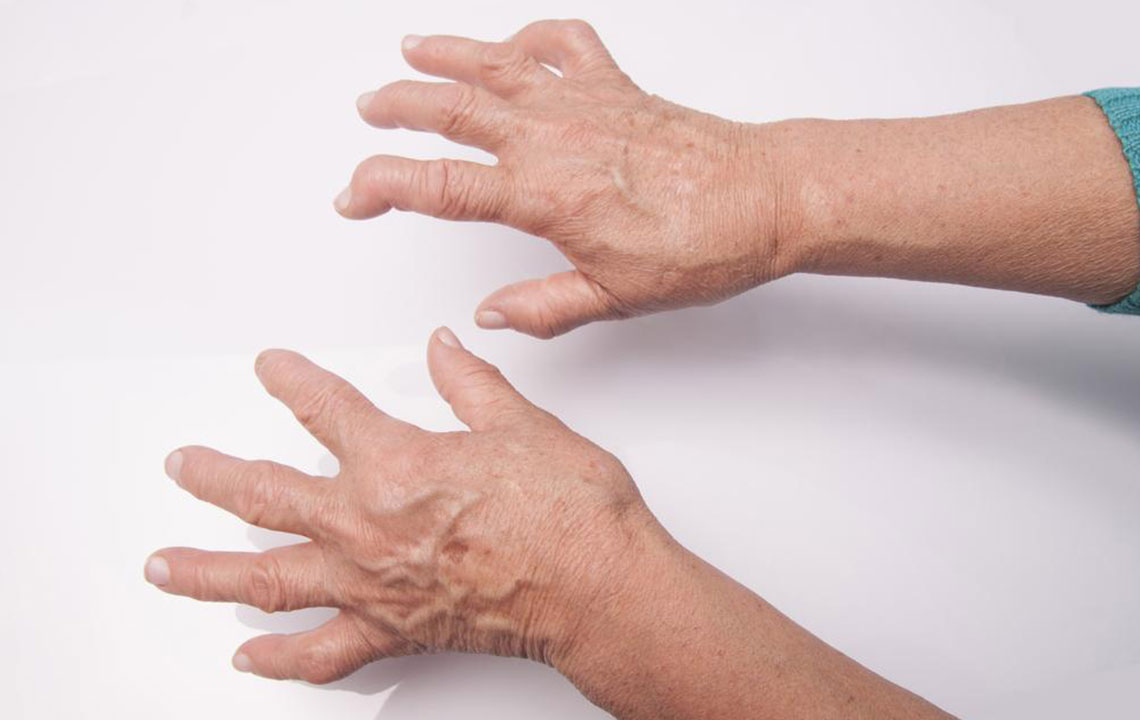Understanding Schizophrenia: Diagnosis Methods and Key Tests
This article provides an overview of schizophrenia, focusing on early diagnosis, common symptoms, and diagnostic procedures. It emphasizes the importance of timely intervention using tests like brain imaging and psychological assessments. Early detection allows for better management with medications and therapy, improving quality of life for patients. The content is aimed at educating readers about recognizing symptoms and seeking professional help promptly to prevent lasting complications.

Understanding Schizophrenia: Diagnosis Methods and Key Tests
Schizophrenia is a complex mental disorder characterized by distorted perceptions of reality, significantly affecting social and personal functioning. Early detection and intervention are crucial to prevent lasting damage.
Diagnosis involves identifying at least two symptoms persisting for a minimum of six months. Early diagnosis improves treatment outcomes and reduces complications.
Delusions – Persistent false beliefs despite evidence contradicting them, a hallmark of schizophrenia.
Hallucinations – Sensory experiences that are not real, most commonly hearing voices that others do not hear.
Disorganized speech – Incoherent or jumbled speech that interrupts normal conversation flow.
Abnormal motor behaviors – Unusual physical activities, such as sitting in bizarre postures, resisting instructions, or excessive movements.
Negative symptoms – Reduced emotional expression, social withdrawal, and neglect of personal hygiene, impacting daily life.
It can be difficult to encourage someone showing signs of schizophrenia to seek help. If you’re concerned, consulting a healthcare professional can facilitate assessment and treatment. This process also helps rule out other mental health issues like bipolar disorder, depression, or anxiety.
Tests used to confirm schizophrenia include:
Blood or urine tests are performed to exclude drug or alcohol abuse as causes. Brain imaging such as CT scans or MRI can detect structural abnormalities. Cognitive, personality, and projective tests like inkblot assessments provide insights into perception and thought processes. Early diagnosis enables effective treatment with antipsychotics and psychotherapy, enhancing the prognosis.










